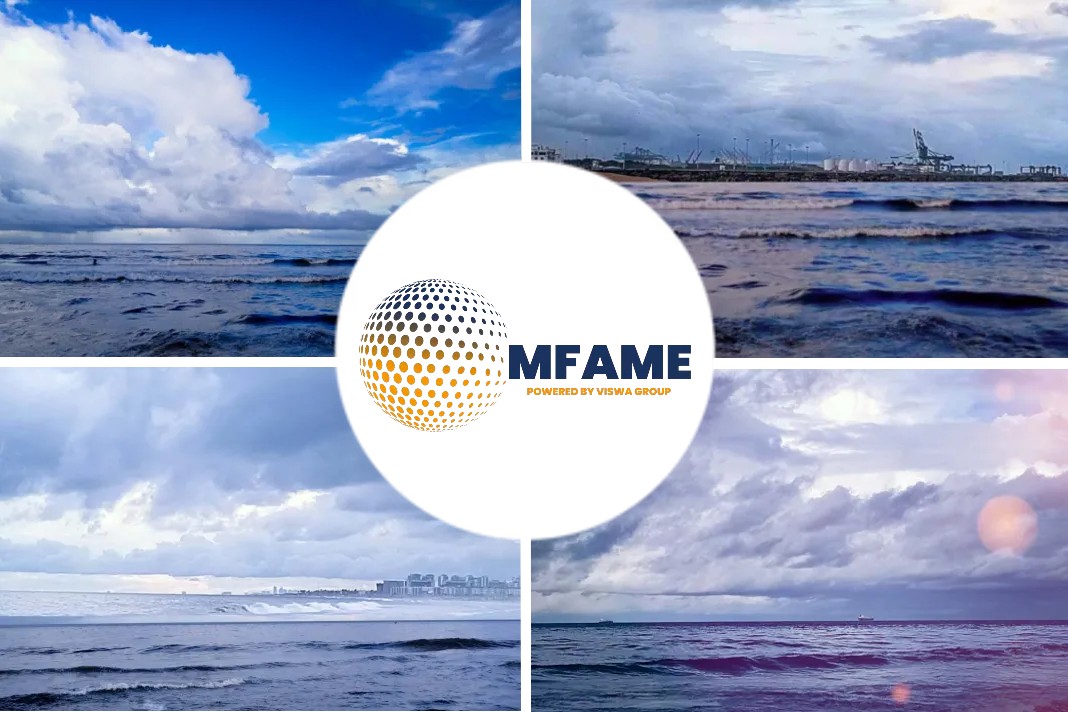
In early November, the European Union extended for the umpteenth time its sanctions against Turkey for another year for Ankara’s allegedly illegal exploration of gas fields off the coast of Cyprus.
The Gas Issue
The EU is understandably obliged to protect the interests of its member nations. The issues of extraction, transportation and supply of natural gas have already acquired a distinct political dimension in the world. “We could move the lost volume of transit through the Nord Streams along the bottom of the Baltic Sea to the Black Sea region … by creating the largest gas hub for Europe in Turkey, if, of course, our partners are interested in this,” Russia’s President Vladimir Putin said.
Notably, the “gas” issue has more than just economic or political significance for Turkey. It has also become a sort of a metaphysical symbol of its success in the international arena. Ankara has long outlined its goal of becoming a major transportation hub, and if possible, the seller of natural gas to Europe, and is working hard to make this happen. Not everyone believes the Turkish reports about the “huge reserves” of natural gas in the country’s territorial waters, though. Some skeptics even joke that Gazprom will lay a pipe to these fields, and BOTAŞ (the Turkish analogue of Gazprom) will simply latch onto it.
New Player Emerges
Turkish Minister of Energy and Natural Resources, Fatih Donmez, said in an interview that “in the event of an increase in demand, Russian gas alone may not be enough.” Therefore, Ankara is currently in talks with other suppliers of pipeline and liquefied natural gas in the Middle East, North Africa, Central Asia and even Southeast Asia – about half a dozen in all. By implementing this project, Ankara expects both to receive relatively inexpensive gas and also payment and even commissions for the sale of Russian fuel to the European market.
Meanwhile, Hungary and Serbia continue to buy Russian gas, while the European Commission has officially banned its purchases – politics in the West today prevail over the economy. As for Turkey’s relations with Western allies, both the US and the EU have repeatedly and persistently invited the Turkish leaders to join the anti-Russian sanctions, which is something Ankara has so far carefully avoided.
Reaction Form The West
Almost a week after Putin and Erdogan agreed to set up this hub, US Assistant Secretary for Terrorist Financing and Financial Crimes Elizabeth Rosenberg visited Ankara and Istanbul to discuss “a range of topics, including the sanctions and export controls imposed on Russia by a broad coalition of over 30 countries, energy security, anti-money laundering policy, and countering the financing of terrorism…” the US Treasury Department said.
At the same time, Washington and, at its suggestion, Brussels are ramping up economic pressure on Ankara, above all on its banking sector. As a result, Turkish banks were forced to refuse to service Russia’s Mir cards, periodically returning payments in dollars and euros to Russian payers, even if they go via correspondent, almost entirely Western banks. As for Ankara itself, it has its own means of counteracting this. Europe has fresh memories of Recep Tayyip Erdogan once opening the “gate” for hundreds of thousands of Asian and African migrants, and due to the “obstinacy” of the Turkish leader, NATO is still unable to take in Sweden and Finland.
Did you subscribe to our newsletter?
It’s free! Click here to subscribe!
Source: Moderndiplomacy















